Time for art and history to rhyme
Written by
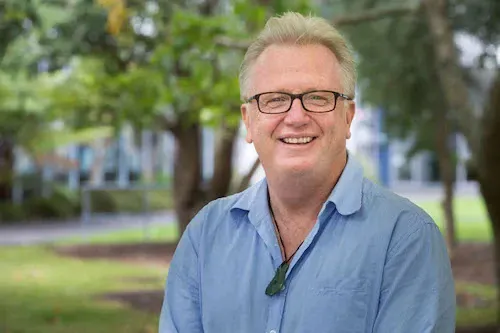
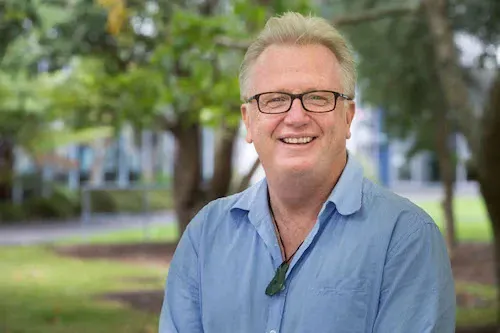
Peter O'Connor delivered the following speech at the Creative Economy Conversation hosted in Wellington in mid September, which brought together the Prime Minister, creative industry leaders and senior officials from a range of government departments to drive a change agenda. Peter's words were powerful. Here they are.
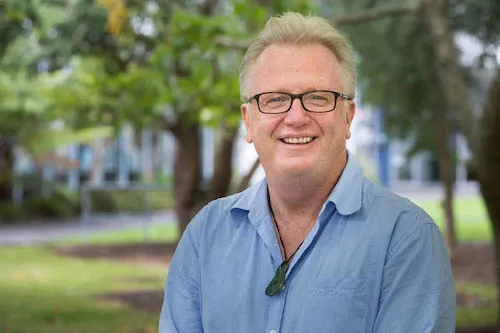
Peter O'Connor
The international evidence is crystal clear on the value of the arts in education. Children in arts rich schools do better academically across all areas of the curriculum. They are more engaged and motivated to come to school. Children who play musical instruments do better at maths, children who do drama are better at writing. Children who have access to the arts begin to understand and value the power of the imagination.
Children who learn to love the arts become adults whose lives are enriched by the arts. They see the possibility and validity of a career in the arts for themselves. Graduates from university courses in the arts have the soft skills increasingly valued by employers: creativity, flexibility, a willingness and ability to think and act with an artist’s mind and body.
Yet learning in the arts teaches you that there is more to life than work. As children and young people learn in the arts they make beautiful things, they move gracefully with others, they blend their voices in harmony. With a stroke of a brush they create something new, something never seen before. Making art makes life lighter for children’s friends and families, and easier through their performances, in their gifts of the art they make.
Hope is not a luxury. It’s a necessity. It’s a right.
But the arts are important in education for other reasons, too. They are valuable in and of themselves. They don’t need to justify their existence as a contributor to gross domestic product, for they link to other indicators of a successful nation: that we might be more empathetic, kinder, more collaborative, more genuinely creative. We might say the arts matter because they reside in the most sacred part of what it means to be alive. We might say the arts are of value because they remind us of infinite possibilities. More than 100 years ago American philosopher John Dewey said the arts are the tools by which we train the imagination. It is only when we begin to imagine that our lives, our worlds, can be better that things can change. A society rich in the arts is rich in possibility.
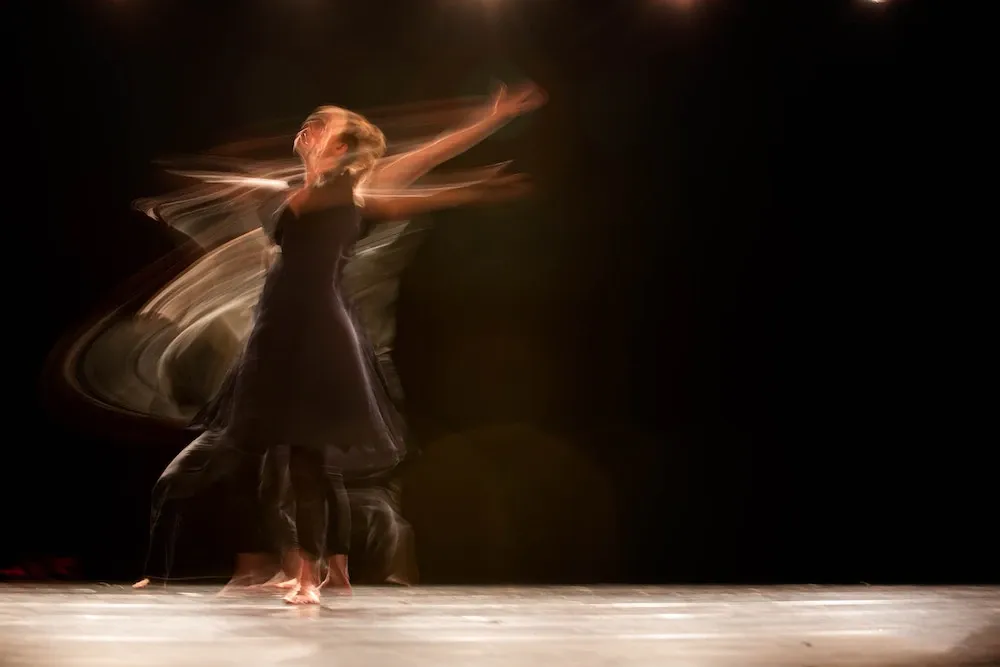 Photo by Ahmed Odeh on Unsplash
Photo by Ahmed Odeh on Unsplash
The arts are also vital in schools because they are carriers of hope. In a country with one of the highest youth suicide rates in the world, the arts can awaken young people to the possibilities of joy, of wonder and of beauty. In this sense, hope is not a luxury. It’s a necessity. It’s a right. The arts are the processes all cultures use to make sense of the worlds in which we live and provide us with the tools to imagine what they might be. In this way the arts must be the heartbeat of education, of a nation. We need an alive education system committed to making new generations of artists so we can reimagine our history, our present and our future. Out of our griefs for the past and our dreams of the future we remake who we are.
When I suggested that the arts might be the biggest winner in the current government’s education reforms, the principals stood in spontaneous prolonged applause.
We know the arts therefore should be a basic right in every school, not driven to the edges of universities and tertiary education, something that comes and goes on the whim of individual principals and vice chancellors driven by a misunderstanding of the importance of STEM subjects. I was the National Coordinator for Drama with the Ministry of Education overseeing the introduction of the Arts curriculum when it was made compulsory. A previous Minister of the Arts who was also a Prime Minister invested over $15million into growing the arts in schools. During that time the Arts were the fastest growing subjects at senior secondary level and also growing at primary level.
And yet now they have all but disappeared in our schools, in our university teacher training programmes and under enormous threat within our universities. They have disappeared within a Ministry of Education which has no idea or interest in the arts or creativity and what it means to us as individuals or as a nation.
Without empathy, fundamental beliefs reduce our humanity. Hope gives way to terror.
I have recently been invited to speak to school principal groups around the country. When I speak of the arts there is often a wistful look, an acknowledgment that they have been surrendered. When I suggested in Dunedin recently that the arts might be the biggest winner in the current government’s reforms of education, the principals stood in spontaneous and prolonged applause.
The arts also remind us that schooling is a public good. Education philosopher Martha Nussbaum argues that the death of the arts in schools and universities is a threat to global democracy. This is especially so with the focus on STEM subjects.
The arts provide us with the capacity to imagine and feel what it is to be the other. At a time in history where some world leaders deliberately feed on our fears of the other, empathy becomes the key competency of twenty- first-century living. For without empathy, fundamental beliefs reduce our humanity. Hope gives way to terror. If we are to survive the coming years, it will be because we learn to live together and to empathise with each other. It will be through acknowledging and respecting our collective and individual humanity through the arts.
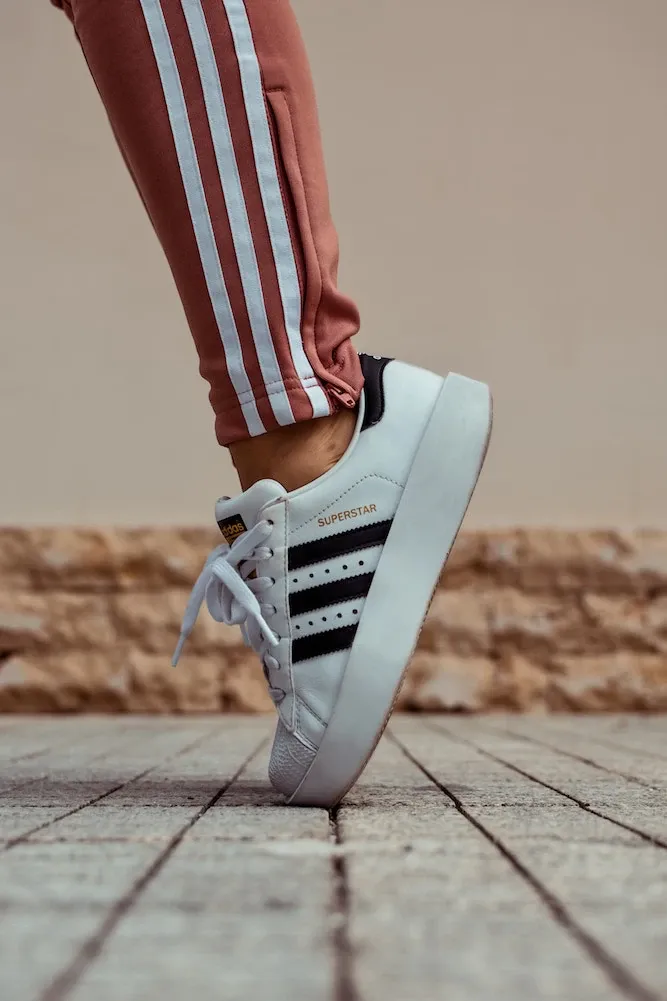
Photo by Bogden Glisk on Unsplash
Seamus Heaney wrote
History says, don't hope
On this side of the grave.
But then, once in a lifetime
The longed-for tidal wave
Of justice can rise up,
And hope and history rhyme.
So hope for a great sea-change
On the far side of revenge.
Believe that further shore
Is reachable from here.
Believe in miracle
And cures and healing wells.
There is hope for a sea change for education, for the arts. How our best artists and creative thinkers might work to reshape our education system; how we might successfully build partnerships between the creative industries and schools; how we make our universities and schools more responsive to the power of the arts so we might tell our stories to ourselves and the world is the real possibility of deep and abiding change. It is time for hope and history to rhyme.
Peter O'Connor is a Professor of Education at the University of Auckland. His praxis-based research explores critical and creative pedagogies, aesthetics and social justice.